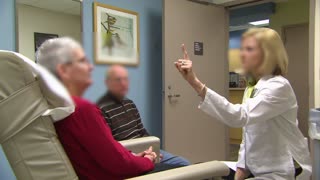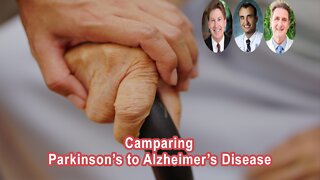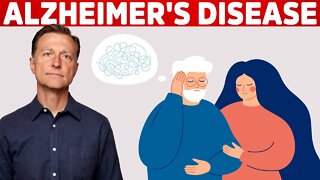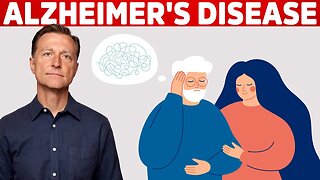Post covid Alzheimer's
Possible 69% higher risk of Alzheimer's for older COVID survivors
Older COVID-19 survivors,
69% higher risk of developing Alzheimer's disease,
within 1 year of infection
Medical records of 6,245,282
65 years and older
Medical visits but no previous diagnosis of Alzheimer's disease
February 2020 to May 2021
410,748 participants tested positive for COVID-19
5,834,534 did not test positive
COVID-19 survivors had a 69% higher risk of a new diagnosis of Alzheimer's disease within 1 year of infection than their uninfected peers
Hazard ratio 1.69
95% (1.53 to 1.72)
Most at risk
Ages 85 and older, HR = 1.89
Women, HR = 1.82
Association of COVID-19 with New-Onset Alzheimer’s Disease
https://content.iospress.com/articles/journal-of-alzheimers-disease/jad220717
Journal of Alzheimer's Disease, vol. 89, no. 2, pp. 411-414, 2022
13th September 2022
Infectious etiology of Alzheimer’s disease, postulated for decades
So, is SARS-CoV-2 infection associated with increased risk for Alzheimer’s disease?
Retrospective cohort study
N = 6,245,282 older adults (age ≥65 years),
People with COVID-19 were at significantly increased risk for new diagnosis of Alzheimer’s disease
Within 360 days after the initial COVID-19 diagnosis
Propensity-score matching
COVID-19 cohort = 0.68%
non-COVID-19 cohort = 0.35%
(hazard ratio or HR:1.69)
TriNetX Analytics Platform
de-identified electronic health records
Over 95 million patients
Inpatient and outpatient visits
68 health care organizations
28% of the US population
50 states, covering diverse geographic, age, race/ethnic, income, and insurance groups
Our findings call for research to understand the underlying mechanisms and for continuous surveillance of long-term impacts of COVID-19 on Alzheimer’s disease
Not clear whether COVID-19 triggers or accelerates development of Alzheimer's disease
SARS-CoV-2 has been associated with inflammation and central nervous system disorders
Prior infections, especially viral infections, and inflammation
Dr. Pamela Davis
We thought we had turned some of the tide on it by reducing general risk factors such as hypertension, heart disease, obesity and a sedentary lifestyle
Now, so many people in the U.S. have had COVID and the long-term consequences of COVID are still emerging.
It is important to continue to monitor the impact of this disease on future disability
Plan to continue studying the potential effects of COVID-19 on Alzheimer's,
and other neurodegenerative diseases, whether certain populations may be especially vulnerable
Assess, any drugs could be repurposed to treat COVID-19's long-term effects
-
 1:37
1:37
Just the News
1 year agoStudy finds chance for Alzheimer's may increase after contracting COVID-19
86421 -
 2:45
2:45
USAFrontlineDoctors
1 year ago25% Increase in HEART ATTACKS Related to Vaccine BUT NOT Covid
7702 -
 6:05
6:05
TheRealTruthAboutHealth
1 year agoHow Does Parkinson's Disease Compare To Alzheimer's Disease?
247 -
 2:18
2:18
Owner
1 year agoBlood Pressure and Alzheimer's
1 -
 11:08
11:08
Dr. Eric Berg
1 year agoThe REAL Cause of Alzheimer's Is NOT Amyloid Plaque in the Brain
2.4K15 -
 8:05
8:05
TheRealTruthAboutHealth
1 year agoWhat Is Very Helpful To Reduce The Risk Of Alzheimer's Disease And Progression Is Social Activity
132 -
 19:39
19:39
TheRealTruthAboutHealth
1 year agoWhat Is The Ideal Diet For Preventing Alzheimer's And Parkinson's Diseases?
256 -
 2:09
2:09
Reuters
1 year agoDrug will 'change landscape of Alzheimer's treatment'
307 -
 11:08
11:08
Dr. Eric Berg
1 year agoThe REAL Cause of Alzheimer's Is NOT Amyloid Plaque in the Brain
205 -
 15:31
15:31
USAFrontlineDoctors
1 year agoHarvard & Johns Hopkins Publish Scientific Papers PROVE COVID-19 Vaxx Is A Death Shot
1.3K3